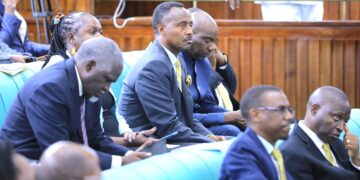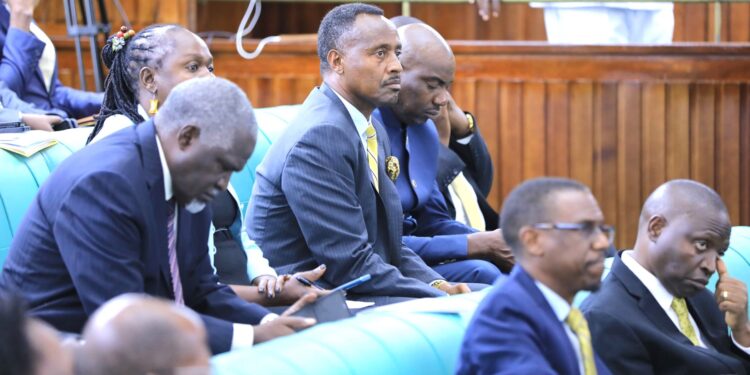Ugandan lawmakers have called for increased funding to the Uganda National Bureau of Standards (UNBS) amid reports of delays in certification and laxity in enforcing standards.
These say the delays have frustrated businesses and created an opportunity for counterfeit products to flood the market.
Naboth Namanya (FDC, Rubabo County) expressed concern that UNBS generates significant revenue for the country but lacks sufficient funding to effectively carry out its mandate.
“UNBS charges Shs800,000 to certify a single product, annually collecting about Shs80 billion, but their budget is around Shs40 billion,” Namanya said.
Lawmakers also criticized UNBS for delaying the renewal of licenses, which can take up to three months. This delay prevents businesses from exporting or producing products, further stifling economic growth.
The legislators attributed the influx of counterfeit products, which pose a threat to human life, to UNBS’s laxity. They expressed concerns that if Uganda is to conduct pre-shipment assessment for all imported products, UNBS must be well facilitated to prevent toxic products from entering the market.
The Chairperson of the Committee on Finance, Planning and Economic Development, Hon. Amos Kankunda, explained that the current financing mechanism explains the problems UNBS is facing.
“The nature of their funding is the problem, when people who apply for certification pay, money goes to the Consolidated Fund and the money that is allocated to them cannot meet the demands. UNBS has few people who cannot perform the required task, they are under performing because of capacity,” Kankunda, also the Rwampara County MP, said.
The Minister of State for Trade, Industry and Cooperatives (Industry), Hon. David Bahati, assured lawmakers that his ministry will produce a report on the time UNBS takes to respond to certification requests.
Bahati noted that the demand for UNBS services is high, with the industrial sector having expanded to 9,400 registered factories that contribute 27.4 percent of the national Gross Domestic Product.









